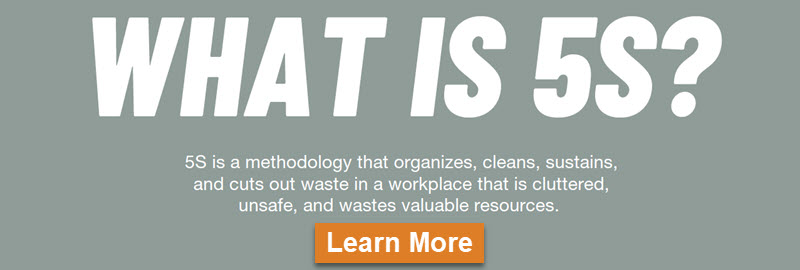
North Carolina State Sign Regulations
Our North Carolina State-Specific Signs Compliance – Resource Bulletin will help you understand a variety of signage rules, regulations and requirements enacted in the state. Topics include:
- No smoking signs
- Swimming pool signs
- Concealed weapon signs
- Cell phone signs
- Baby surrender signs
Use the Download button to open this bulletin as a pdf file.
Bulletin Overview
No Smoking Signs
The State of North Carolina prohibits smoking in restaurants, bars, and government buildings and vehicles. Exemptions to the statewide ban are granted to cigar bars, designated smoking rooms in public lodging establishments, and private clubs. The North Carolina’s Smoke-Free Restaurants and Bars Law went into effect on 1/2/2010 and requires posting of signs enforcing the law at various locations. The law is administered by the North Carolina Department of Health and Human Services. (130A-493 & 496)
Swimming Pool Signs
The North Carolina Department of Environment and Natural Resources stipulates rules governing the use of public swimming pools and spas. The code became effective on 4/4/1990 and requires the posting of signs at public swimming pools and spas. (15A NCAC 18A.2500)
Concealed Weapon Signs
The State of North Carolina allows residents of the state to carry a concealed firearm (CCW) provided they have been issued a permit granted by the sheriff in the county in which they reside. An applicant for a permit must at least 21 years old, has not been convicted of a felony, does not have a serious mental illness, is not addicted to a controlled substance, and has completed an approved handgun safety course. There are certain places such as schools, taverns, state government buildings, law enforcement facilities, etc. where CCW is forbidden even with a permit. North Carolina honors the CCW permits of all other states. (14-415.12.a-b)
Cell Phone Signs
The State of North Carolina bans the use of hand-held cell phones for texting communications by all drivers of motorized vehicles. Drivers under the age of 18 and school bus drivers may not use wireless devices for any type of communication while driving. The law, HB 9/S.L. 2009-135, became effective on 6/19/2009.
Baby Surrender Signs
Since the first baby surrender (safe-haven) law was enacted in Texas in 1999, all U.S. states, as well as the District of Columbia, have passed safe-haven legislation. The laws allow an unharmed infant to be relinquished to the proper authorities.


